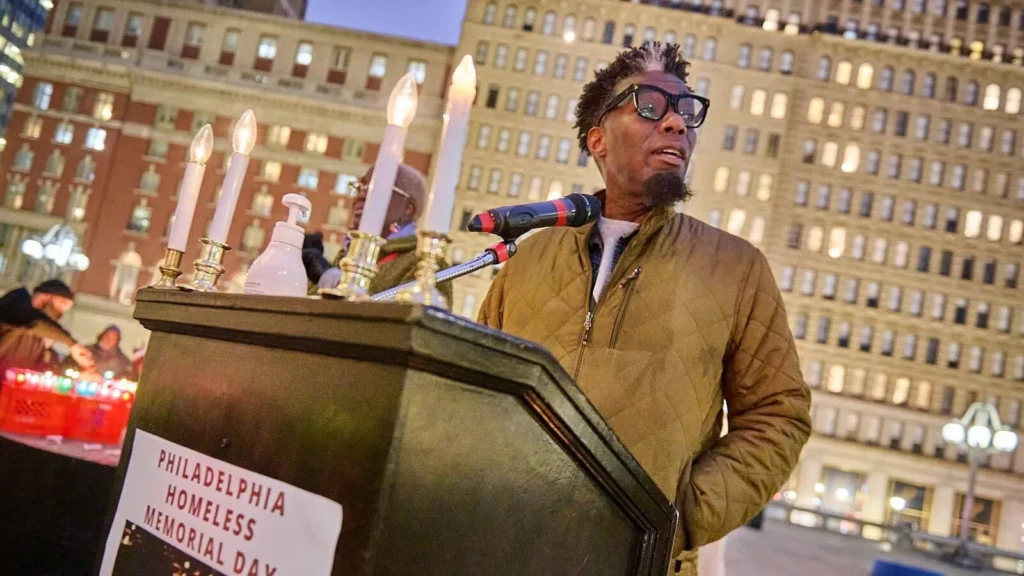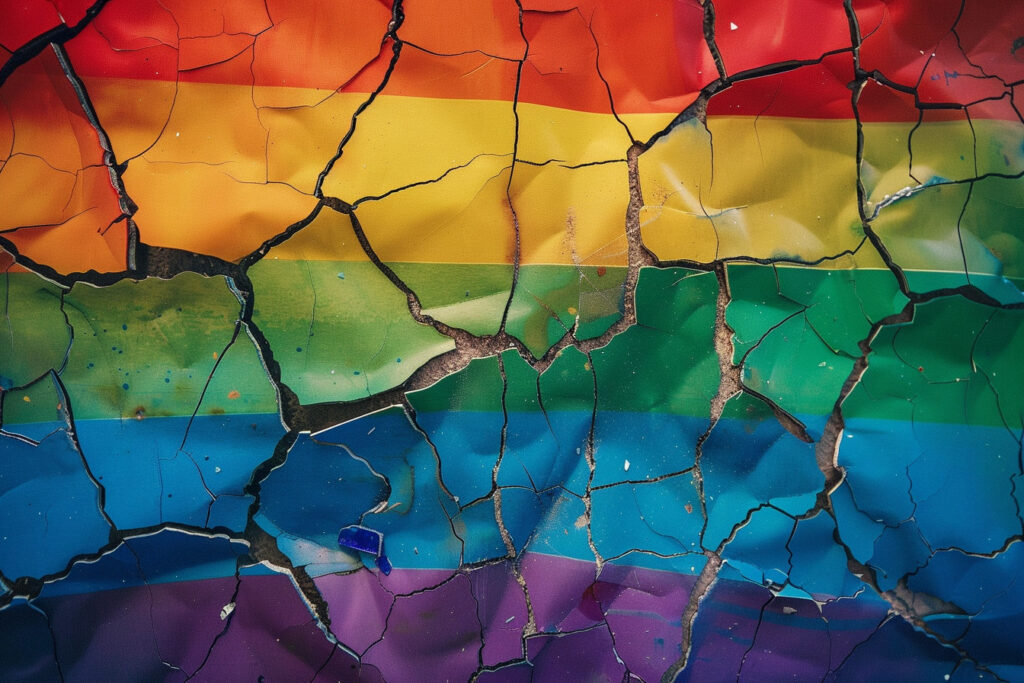Elliot Tiber’s new book, “After Woodstock: The True Story of a Belgian Movie, an Israeli Wedding, and a Manhattan Breakdown,” (with a Foreword by Ang Lee, Square One Press, 2015, ISBN 978-0-7570-0392-9) follows his best-selling book, “Taking Woodstock,” which Ang Lee turned into a motion picture.
In his foreword, Ang Lee does much to sum up the book and Elliot Tiber, of whom Mr. Lee says was “a very vigorous seventy-something, who cornered me and thrust a copy of his new book into my hands” which became Lee’s film. Lee continues that this book we hold in our hands is about Tiber’s lover, Andre, who was a counterpoint to Tiber, who is given credit for unleashing the free and confident man Lee encountered that day. According to Ang Lee, “Andre helps Elliot become a better writer, a better brother, a better friend,” the book also details the negative aspects of the colliding personalities and events of people in Tiber’s life.
Tiber writes in an easy, comfortable style which lulls you into hypnotically following his story. Little wonder, since he taught writing for many years in New York City in one of his many artistic incarnations. Tiber then upsets that easy read with attention-grabbing scenes, such as the Texas cop who stopped Tiber while he was driving from White Lake, New York, to Hollywood, California (with $50,000 in cash in a duffel bag), to stay with friends Felix and Jerry after the hilarious (and sad) story of how he sold the failed business of his parents motel, the very ground zero of the Woodstock festival. Hilarious in that what appeared to be nine mobsters and their families drove up, offered cash on the spot, and the deal was made. Sad in that we read more of his truly awful mother, who would have given him nothing if it weren’t for his much-abused father ordering (for once in his life) his wife to do the right thing by their son, and to give him his one-third share of the sale.
Tiber expertly leads us along his Candide-like journey which lasted the nearly four decades covered by this book. Fueled by his share of the motel sale, he traveled to Hollywood to meet his friends, living with them until the arrangement became dangerous and illegal. He then moved on to New York where he tried to find himself with no success until he met Andre, and in one day, he knew this was the man who would love him and be loved in return.
Andre had been in New York to study theatre, and when he had to return to Belgium, Elliot followed him, to live and work at whatever picaresque events fell into their paths. There was a Belgian TV show, a Belgian film, “Rue Haute,” and the eponymous book, which was published in both Belgium and the USA. Returning to New York, they encountered all the weird and wonderful things and people a talented director and a gregarious artist who wrote, taught, and lectured his way through life could encounter.
Tiber writes of his and Andre’s family and how they were miles apart and totally different: Tiber’s father (and his awful death), his three sisters and their often strained relationships, and his Gorgon of a mother who never stopped cutting him down, insulting him at every turn. Andre’s mother was the direct opposite: warm and accepting, while Andre’s father turned cold towards his son upon learning he was gay.
Easily the most annoying part of the book was Tiber’s insistence upon always needing to call mother whenever something good happened so that she could insult and degrade him. By the book’s midpoint, this became intolerable. Reading these dreadful encounters, it helps us to understand how many gay men use self-defeating strategies to derail their happiness. Thankfully, after decades of abuse at his mother’s pathological hands, he is freed from her by her death in extreme old age. Eclipsing this, the saddest part of this book is Andre’s slow and painful death, which is enough to bring tears to the reader’s eyes.
If you’re looking for a good read, pick up a copy of “After Woodstock.” You’ll find it hard to put down
Empower Philadelphia: The Michael Hinson Mission Grants
Philly Black Pride introduces the Michael Hinson Mission Grants to honor Michael S. Hinson Jr.’s legacy, supporting Black LGBTQ+ individuals in academic and community initiatives. Apply now!






